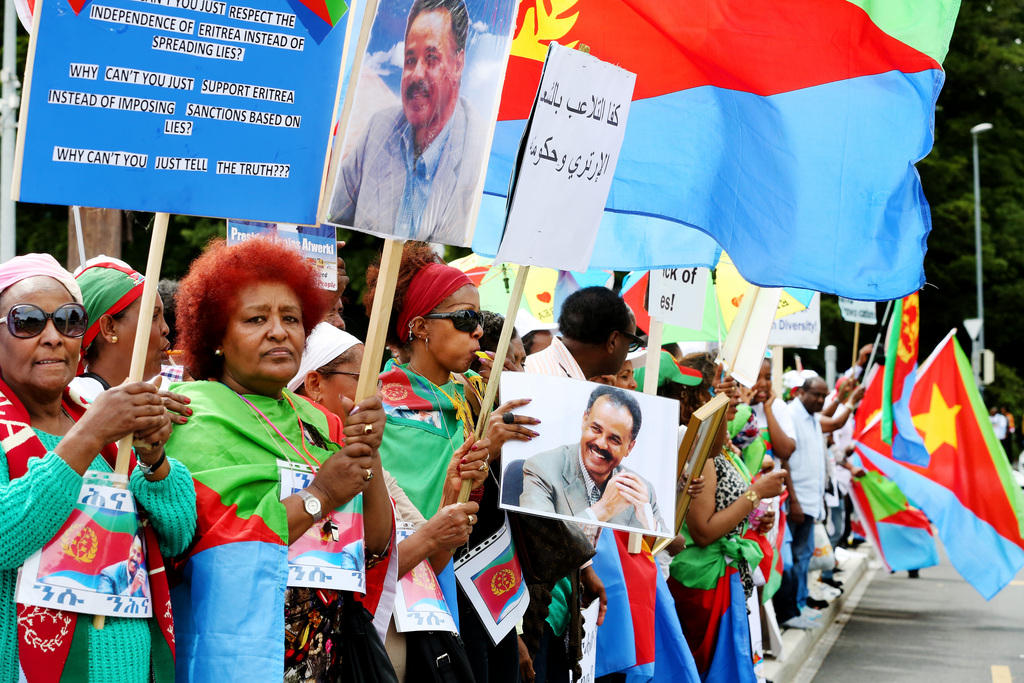Swiss court rejects risks for Eritrean returnees

The risks faced by Eritrean asylum seekers who are sent back to their home country are less substantial than sometimes claimed, a Swiss court has ruled.
The case brought before the Federal Administrative Court in St Gallen was that of a 29-year-old Eritrean woman whose application for asylum was rejected, pending appeal, in March 2016.
In light of the fact that (by her own admission) the woman had already completed some years of obligatory military service, and could not prove that she had “deserted” the Eritrean army, the FAC ruled out the risk of “treatment that violates human rights.”
Furthermore, “Eritrea is not currently in a situation of generalised violence,” the FAC wrote. “Returning to the country cannot be considered across the board as out of the question.”
The tone of the decision suggests wider implications for Eritreans who seek asylum in Switzerland, and indeed across Europe, each year.
It comes after a separate ruling in February, also by the FAC, which tightened admission criteria by ending the blanket granting of refugee status for the sole reason of having fled Eritrea illegally.
It also follows the decision in June of the European Court of Human Rights rejecting the appeal of a young Eritrean asylum seeker, who attempted to invoke the threat of torture and degrading treatment to halt his return.
Contrasting views
In its response to the decision, Amnesty Switzerland said that serious human rights violations continue to be documented in the African state. The United NationsExternal link has also found such instances – when they can get access to the country.
Reports from the country are often contradictory and lacking proper information, while Amnesty noted that the Swiss authorities openly admit to being “unaware of many things.”
“As long as UN delegations – let alone human rights organizations – are not allowed to travel to Eritrea and we do not know what is really happening with these people, Switzerland cannot send asylum seekers back there,” the NGO said in a statement.
About 20,000 Eritreans live in Switzerland, the largest Eritrean diaspora in the world. In addition, Eritreans make up the largest national group of asylum seekers in Switzerland: some 5,000 each year.
Many leave the Horn of Africa state to avoid compulsory national service, which begins at the age of 16-18 (a varying figure according to reports) and can last indefinitely. The FAC, however, noted that cases of liberation occur regularly, with average service lasting five to ten years.
swissinfo.ch and agencies/dos

In compliance with the JTI standards
More: SWI swissinfo.ch certified by the Journalism Trust Initiative












You can find an overview of ongoing debates with our journalists here . Please join us!
If you want to start a conversation about a topic raised in this article or want to report factual errors, email us at english@swissinfo.ch.